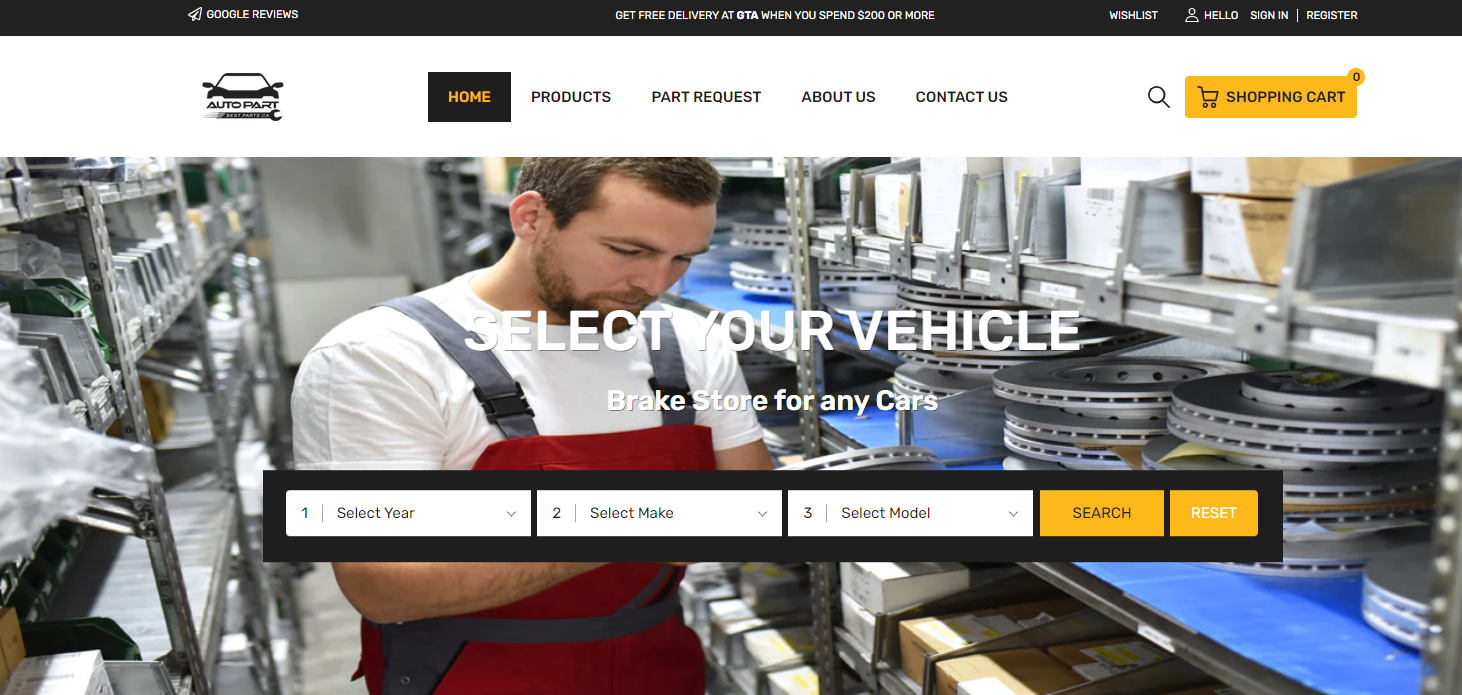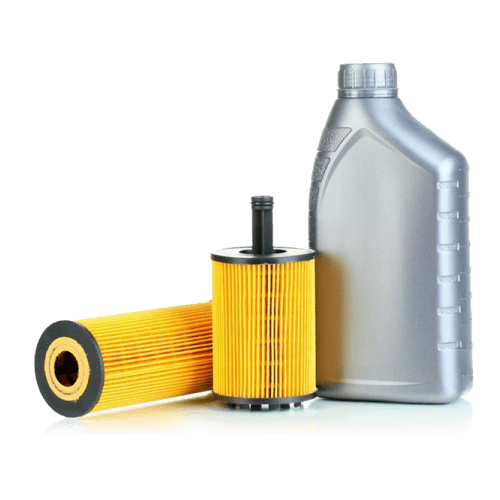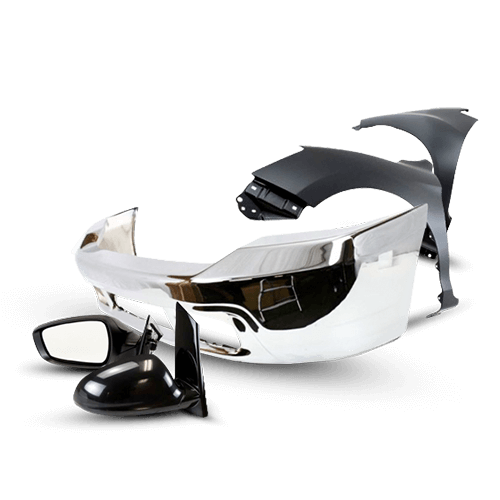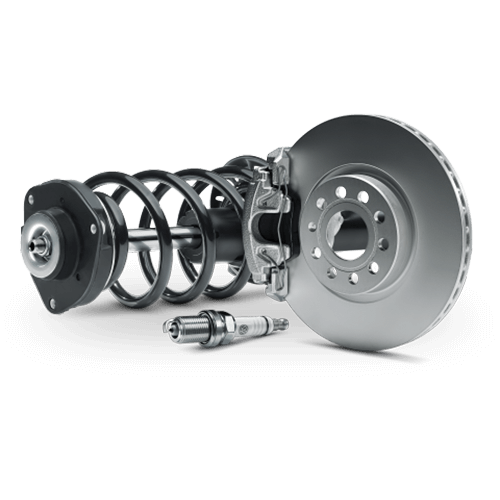
why brakes squeak? What You Should Know
When it comes to driving, the safety of yourself and others on the road is of utmost importance. One crucial aspect of vehicle safety is the braking system. However, it can be quite disconcerting to hear your brakes squeak. In this article, we will explore why brakes squeak and what you should know about this common issue. From the causes of brake squeaking to the potential risks and solutions, we'll cover it all.
Whether you are a seasoned driver or a newbie behind the wheel, this article will provide you with useful information about brake squeaks. By the end, you will have a better understanding of why brakes squeak, how to diagnose the problem, and what steps you can take to effectively address it. So, let's figure out why my brakes squeak and how to fix it.
Understanding Brake Squeaking
Brake squeaking is a loud noise made by some cars when they apply their brakes. It is a common occurrence that can occur in both new and old vehicles. While it is unsettling, brake squeaking does not always indicate a serious problem. It should never be ignored, however, as it may lead to safety issues if left unaddressed.

Common Causes of Brake Squeaking
If you're thinking why my brakes squeak, there are several possible causes. Understanding these causes can help you identify the source of the problem and take appropriate action:
Worn Brake Pads
One of the primary causes of brake squeaking is worn calipers and brake pads. Over time, the friction material on the brake pads wears down, causing them to become thin. When the pads reach a certain thickness, a small metal indicator starts making contact with the rotor, resulting in the squeaking noise.
Dirty brake pads
Brake squeaking can also be caused by accumulated dust and debris. Brake components, such as the pads and rotors, can accumulate brake dust, road grime, and other particles. When these particles build up, they can create noise and affect the braking performance.
Moisture or Water
Moisture or water on the brake components can lead to temporary brake squeaking. This usually happens after driving through puddles or during rainy weather. As the brakes heat up, the moisture evaporates, and the squeaking noise typically disappears. However, if the squeaking persists even when the brakes are dry, it may indicate another underlying issue.
Having metal pads
Squeaking sounds can be caused by metal pads in a vehicle's braking system. These pads, made of metals such as iron, copper, and steel, have a high friction coefficient and thus provide excellent stopping power. However, this can cause vibrations and squeaking, especially at low speeds or when braking lightly. Regular maintenance, such as cleaning and lubrication, can aid in noise reduction.
read more: Everything you need to know about Car Brakes

Risks Associated with Brake Squeaking
While brake squeaking is not always a sign of a severe problem, it's important to be aware of the potential risks it can pose:
1. Reduced Braking Performance: Brake squeaking may indicate that the brake pads are worn and need replacement. If the pads are too thin, they can significantly reduce braking efficiency, compromising your safety on the road.
2. Rotor Damage: Ignoring brake squeaking for an extended period can lead to damage to the brake rotors. As the pads wear down, the metal backing can come into contact with the rotor surface, causing grooves and uneven wear.
3. Safety Hazards: Excessive brake squeaking can indeed be distracting and cause anxiety for the driver. The constant high-pitched noise can be bothersome and may affect the overall driving experience. Moreover, the attention drawn to the vehicle due to the squeaking brakes can potentially create road hazards.

How to Address Brake Squeaking
Brake squeaking can be frightening for any driver. It is not only inconvenient, but it may also indicate underlying problems with your vehicle's braking system. Addressing brake squeaking as soon as possible is critical to ensuring optimal braking performance and the safety of yourself and others on the road. In this section, we'll look at some effective methods for dealing with brake squeaking. To resolve the squeaking brake pad issue, read the following:
Brake Inspection and Maintenance
Start by visually inspecting your brake system. Check for any visible signs of wear or damage, such as thin brake pads or uneven rotor surfaces. Regular maintenance, including cleaning and lubricating brake components, can help prevent and alleviate brake squeaking.
Brake Pad Replacement
If your brake pads are worn beyond the recommended thickness or show signs of damage, they should be replaced. To ensure you choose the right brake pads for your specific make and model, consult your vehicle's manual or seek professional advice..
Cleaning and Lubricating Brake Components
Regularly cleaning and lubricating the brake components can help reduce noise and improve their performance. Use a brake cleaner to remove dust and debris, and apply a suitable lubricant to minimize friction and vibration.
Resurfacing or Replacing Brake Rotors
If your brake rotors are worn or damaged, they may need to be resurfaced or replaced. A qualified mechanic can assess the condition of the rotors and recommend the appropriate course of action.
Seeking Professional Help
If you're unsure about how to address the brake squeaking or if the issue persists after performing basic maintenance, it's recommended to consult a professional mechanic. They have the expertise and diagnostic tools to identify and fix the problem effectively.

Tips to Prevent Brake Squeaking
Now that you know why my brakes are squeaking, it's time to learn some Brake Squeaking Prevention Tips. There are steps you can take to avoid it:
1. Regular Brake Inspections: Conduct regular inspections to identify any signs of wear or damage early on.
2. Gentle Braking: Avoid excessive and abrupt braking, as it can contribute to brake pad wear and cause squeaking.
3. Clean Wheels and Brake Components: Keep your wheels and brake components clean to prevent the accumulation of dust and debris.
4. Avoid Driving Through Puddles: If possible, try to avoid driving through deep puddles or flooded areas, as they can introduce moisture to the brake system.
5. Purchase High-Quality Brake Components: For improved performance and longevity, purchase high-quality brake pads and other brake components.
6. Buying from a Trusted Online Store: Buying brake pads from reputable and trusted online stores is an important tip for preventing brake squeaking. "Best Part," an online shop known for its high-quality automotive products, including brake pads, is one such dependable store. Purchasing brake pads from a reputable online store ensures that you receive genuine, well-manufactured brake pads that are designed to minimize noise and provide optimal performance.

Conclusion
Finally, understanding why brakes squeak is essential for maintaining a safe and reliable braking system. While brake squeaking can be disconcerting, it is often a common occurrence with various causes. By identifying the underlying issues and taking appropriate action, such as inspecting and maintaining brake components, replacing worn brake pads, and seeking professional help when needed, you can ensure optimal braking performance and safety on the road.
Frequently Asked Questions (FAQs)
1. Q: Can brake squeaking be a sign of a serious problem?
- Brake squeaking doesn't always indicate a serious issue, but it should never be ignored. It's essential to address the squeaking promptly to ensure optimal braking performance and safety.
2. Q: How often should I replace my brake pads?
- The lifespan of brake pads varies depending on various factors, including driving habits, road conditions, and the quality of the brake pads. As a general guideline, brake pads typically last between 30,000 and 70,000 miles.
3. Q: Is it necessary to replace both brake pads at the same time?
- It's recommended to replace both brake pads simultaneously. Uneven wear can lead to imbalances in braking performance and potentially cause safety issues.
4. Q: Can I drive with squeaky brakes?
- While you can technically drive with squeaky brakes, it's not advisableto do so. Brake squeaking can indicate underlying issues that may compromise your safety on the road. It's best to address the problem promptly to ensure optimal braking performance.























































